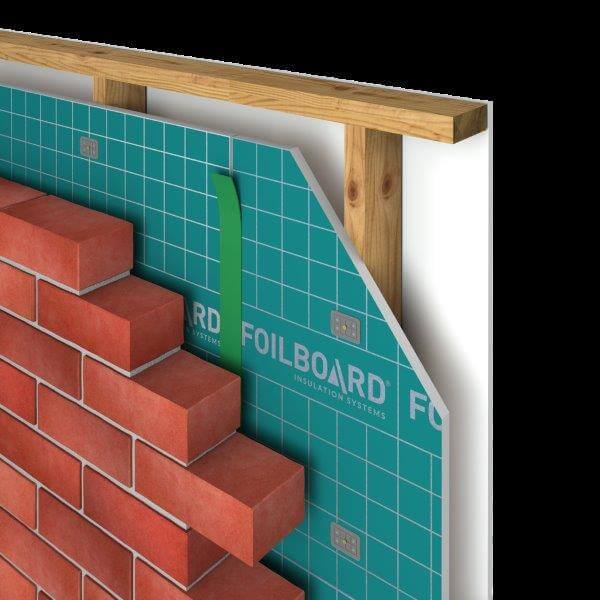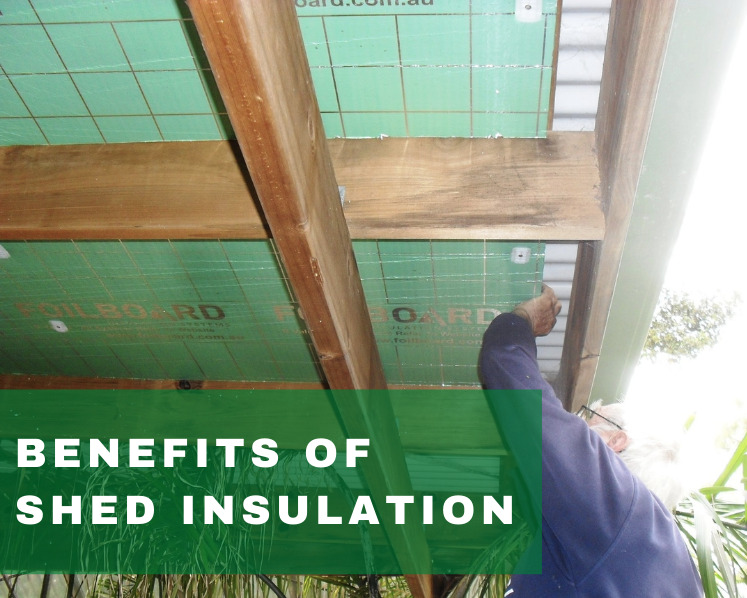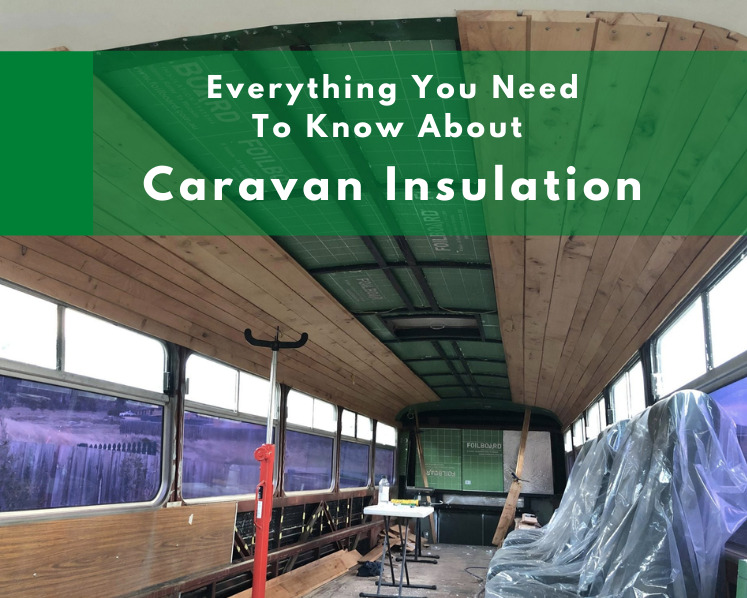
There’s a good chance you’re reading this because you’re ready to fit your home with insulation, but you just need to find out a few more things before you do. If this is the case, then you’ve come to the right place. Out of all the possible ways to create a comfortable climate in your home, none are proven to deliver a return on their investment financially so quickly. Besides keeping money in your pocket and allowing you to create a space at home that is both comfortable and balanced in temperature, insulation has many other benefits. To find out more about these benefits, read 7 Reasons Why You Should Install Cavity Wall Insulation.
Now, before you make your purchase, here are 3 important things to know:
1. What’s Best For You? An Insulation Buying Guide
When it comes to deciding on which insulation to purchase, there are a few key factors to take into account. The first is which material your insulation will be made from. At Foilboard, we specialise in the foil insulation panel. Not only is it simple and affordable, it’s also extremely effective. Next is the particular application. We stock insulation that is suited for a few different applications. These include:
Cavity Wall Insulation
Designed to be installed inside the walls of your home, Cavity Wall Insulation is ideal for both new homes and retrofit installation.
Underfloor insulation
Did you know the amount of air that escapes and enters through your floors? Underfloor Insulation is perfect for sealing that area and keeping the pleasant temperatures inside.
Cathedral Ceiling Insulation
Created as a solution for insulating an often tricky area of the home, Cathedral Ceiling Insulation is a bullseye when it comes to insulation.
Finally, it’s important to determine what is the most efficient R-value rating that will apply to your home. Insulation comes available in different R-value ratings, which basically measure how much thermal efficiency the particular insulation panel holds. The thing is, while it seems logical to get the highest R-value rated panel, it’s not actually necessary. Each home and area is unique and will require different levels of R-value ratings to get the most out of the insulation system.
To get the best solution for your home, it’s always wise to connect with an insulation expert from our team and have them work together with you to find what will best serve your home.
2. How Does Insulation Work?
Despite what many assume, insulation works in quite a clever way. It does more than just prevent airflow from sneaking in and out of buildings. As a matter of fact, it operates on the laws of conduction and actually prevents heat transfer throughout the material, and therefore from home to outdoors. The special thing about foil insulation in particular is that it also acts to reflect hear back out, like a mirror, when it attempts to penetrate a building.
Extremely effective, insulation has been shown to be the king of energy saving products. According to the EPA, insulation results in energy savings that are over 600 times more than that of all the energy star appliances, energy star windows and compact fluorescent lights combined.
3. It’s Easier to Install While You’re Building, But Can Still Be Done Afterwards
There’s no question that insulation goes in easier when you’re building a new property. This is great to know, as it can save you time and money down the track. However, if you have an existing property and you want to insulate it, you can retrofit it. Retrofitting is basically the process of taking an existing home and fitting it with insulation. You may need to move a few things around—but there is a way.
For more information about Insulation or to make your purchase, call a friendly expert from our team today on 1300 354 717.
What’s something you learned today about insulation that you didn’t know before? Leave a comment below.






